Luiz Sena
QNNVerifier: A Tool for Verifying Neural Networks using SMT-Based Model Checking
Nov 25, 2021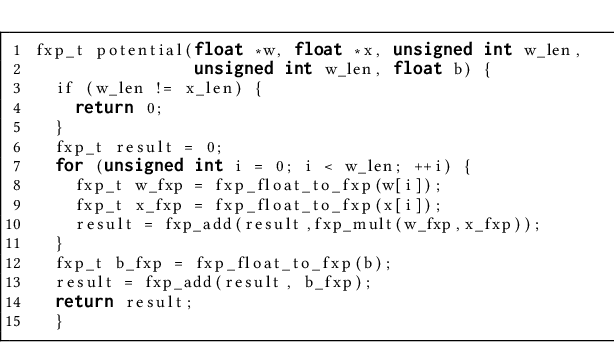

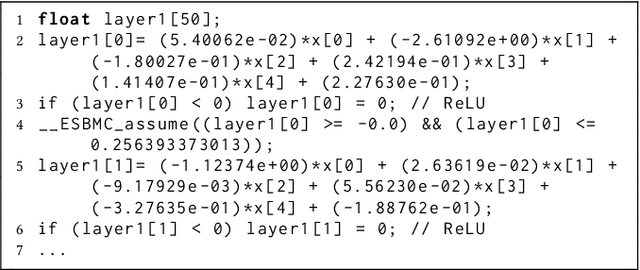

Abstract:QNNVerifier is the first open-source tool for verifying implementations of neural networks that takes into account the finite word-length (i.e. quantization) of their operands. The novel support for quantization is achieved by employing state-of-the-art software model checking (SMC) techniques. It translates the implementation of neural networks to a decidable fragment of first-order logic based on satisfiability modulo theories (SMT). The effects of fixed- and floating-point operations are represented through direct implementations given a hardware-determined precision. Furthermore, QNNVerifier allows to specify bespoke safety properties and verify the resulting model with different verification strategies (incremental and k-induction) and SMT solvers. Finally, QNNVerifier is the first tool that combines invariant inference via interval analysis and discretization of non-linear activation functions to speed up the verification of neural networks by orders of magnitude. A video presentation of QNNVerifier is available at https://youtu.be/7jMgOL41zTY
Verifying Quantized Neural Networks using SMT-Based Model Checking
Jun 10, 2021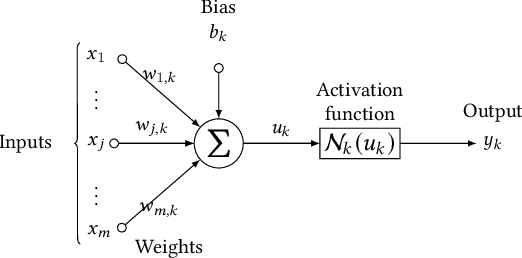


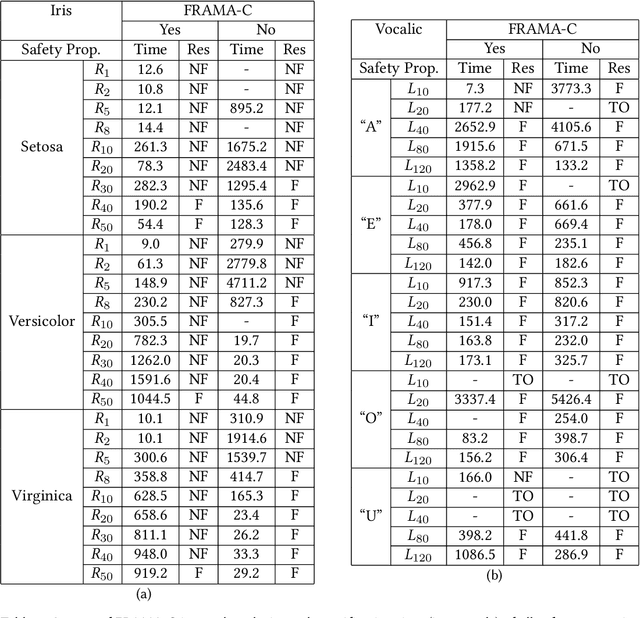
Abstract:Artificial Neural Networks (ANNs) are being deployed on an increasing number of safety-critical applications, including autonomous cars and medical diagnosis. However, concerns about their reliability have been raised due to their black-box nature and apparent fragility to adversarial attacks. Here, we develop and evaluate a symbolic verification framework using incremental model checking (IMC) and satisfiability modulo theories (SMT) to check for vulnerabilities in ANNs. More specifically, we propose several ANN-related optimizations for IMC, including invariant inference via interval analysis and the discretization of non-linear activation functions. With this, we can provide guarantees on the safe behavior of ANNs implemented both in floating-point and fixed-point (quantized) arithmetic. In this regard, our verification approach was able to verify and produce adversarial examples for 52 test cases spanning image classification and general machine learning applications. For small- to medium-sized ANN, our approach completes most of its verification runs in minutes. Moreover, in contrast to most state-of-the-art methods, our approach is not restricted to specific choices of activation functions or non-quantized representations.
Incremental Verification of Fixed-Point Implementations of Neural Networks
Dec 21, 2020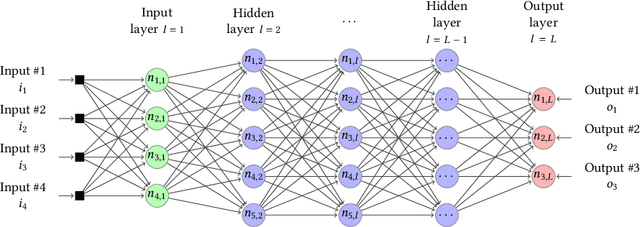

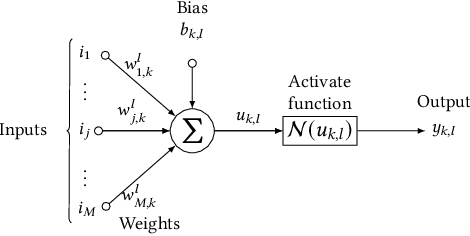
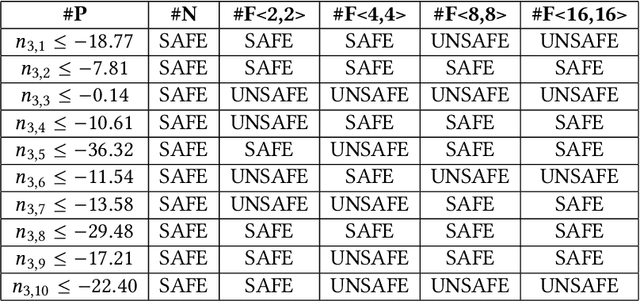
Abstract:Implementations of artificial neural networks (ANNs) might lead to failures, which are hardly predicted in the design phase since ANNs are highly parallel and their parameters are barely interpretable. Here, we develop and evaluate a novel symbolic verification framework using incremental bounded model checking (BMC), satisfiability modulo theories (SMT), and invariant inference, to obtain adversarial cases and validate coverage methods in a multi-layer perceptron (MLP). We exploit incremental BMC based on interval analysis to compute boundaries from a neuron's input. Then, the latter are propagated to effectively find a neuron's output since it is the input of the next one. This paper describes the first bit-precise symbolic verification framework to reason over actual implementations of ANNs in CUDA, based on invariant inference, therefore providing further guarantees about finite-precision arithmetic and its rounding errors, which are routinely ignored in the existing literature. We have implemented the proposed approach on top of the efficient SMT-based bounded model checker (ESBMC), and its experimental results show that it can successfully verify safety properties, in actual implementations of ANNs, and generate real adversarial cases in MLPs. Our approach was able to verify and produce adversarial examples for 85.8% of 21 test cases considering different input images, and 100% of the properties related to covering methods. Although our verification time is higher than existing approaches, our methodology can consider fixed-point implementation aspects that are disregarded by the state-of-the-art verification methodologies.
 Add to Chrome
Add to Chrome Add to Firefox
Add to Firefox Add to Edge
Add to Edge